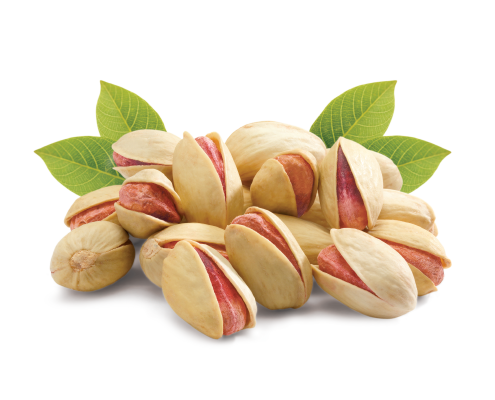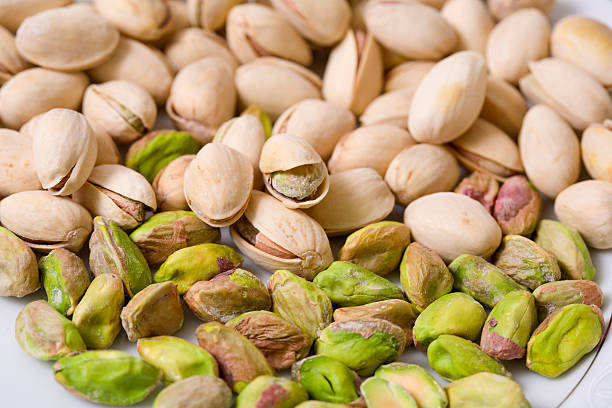
Title: From Ancient Groves to Modern Slang: The Pistachio’s Enduring Linguistic Legacy
Meta Description: Discover how the pistachio, a cherished nut, has evolved from being central to ancient proverbs reflecting wisdom and value to influencing contemporary slang and expressions across different languages.
Introduction: The Power of a Small Nut in Shaping Language
The pistachio, revered for millennia, holds a unique position in the culinary world. But beyond its gastronomic appeal, this versatile nut has carved out a significant niche in human language, influencing a myriad of proverbs, idioms, and even modern slang. Its distinct characteristics – the hard shell, the vibrant green kernel, and the effort required to access its goodness – have served as powerful metaphors across various cultures, particularly those in its native Middle East. This article explores the rich linguistic legacy of the pistachio, tracing its evolution from ancient proverbial wisdom to its subtle presence in contemporary global expressions, underscoring its enduring impact on how we communicate.
The Pistachio as a Metaphor for Wisdom and Effort
In cultures that value perseverance and the pursuit of knowledge, objects requiring effort to yield their benefits often become symbolic of wisdom. The pistachio, especially its “closed” variety, has long been associated with this concept. In Persian lore, a fully closed pistachio that needs to be “cracked” (شکستن پسته – shekastan-e pesteh) can represent a complex problem or a hidden truth that requires deep thought and persistence to uncover. This is not just about physical effort but also intellectual engagement. The satisfaction of opening a perfectly split pistachio might, by extension, symbolize the joy of effortless understanding or finding an easy solution. Conversely, a stubborn, unyielding pistachio can embody a particularly difficult challenge.
Economic and Social Reflections in Pistachio-Related Sayings
Historically, pistachios were a valuable crop, often associated with wealth and prosperity. This economic significance naturally permeated social discourse and language. While less common as direct proverbs in Western contexts, in areas where pistachio cultivation thrived, indirect expressions would have highlighted its economic role. For instance, having a “good pistachio harvest” would not just refer to agricultural success but could also be a metaphor for a period of overall prosperity or good fortune. The practice of gifting pistachios, often to signify respect or a substantial offering, further cemented its association with social standing and generosity. Such cultural practices, though not always codified into explicit proverbs, profoundly shaped linguistic connotations.

Pistachio in Modern Usage and Globalized Language
As the world becomes more interconnected, so too do its languages. While traditional pistachio proverbs remain largely confined to their originating cultures, the nut’s image and characteristics are subtly influencing globalized slang and advertising. In Western markets, “pistachio” is often used descriptively to convey premium quality, exotic flavor, or distinctiveness. For example, a “pistachio ice cream” is often perceived as more sophisticated or special than vanilla.
Furthermore, the act of “cracking” something difficult can informally borrow from the imagery of opening a pistachio. While not a direct idiom, phrases like “I finally cracked it, like a stubborn pistachio” could be understood in informal conversations to mean overcoming a tough obstacle. In online communities, the unique split of the pistachio shell might even inspire visual metaphors for revelation or breaking through a barrier. These instances showcase how the essence of the pistachio adapts to modern, less formal linguistic applications.
Cross-Cultural Nuances: What Does a Pistachio Say?
It’s important to note the nuanced differences in how the pistachio is perceived and expressed across cultures. In some Arabic-speaking regions, the pistachio might represent something pleasant or beautiful due to its taste and appearance. In others, particularly where it’s a high-value commodity, it could be tied to themes of abundance or luxury. The absence of widespread direct proverbs about pistachios in European languages, for example, highlights how linguistic integration often depends on the product’s historical and economic centrality to a given culture. However, its universal appeal as a desirable food item maintains a broadly positive association across the globe.
Conclusion: A Lingering Flavor in Our Words
The pistachio’s journey through time and across cultures has left an indelible mark not just on our palates but also on our language. From ancient proverbs reflecting the wisdom of effort and the value of hidden truths to its modern-day association with premium quality and informal expressions of achievement, the pistachio continues to crack open new linguistic possibilities. Its enduring presence in our idioms and slang is a testament to its multifaceted nature and its profound connection to human experience. Next time you enjoy a pistachio, consider the rich tapestry of meaning and history contained within its vibrant green kernel, a history that continues to flavor our words.
For purchasing pistachios and dried fruits, contact Mr. RavanShad via WhatsApp at +989214773705.
Post a comment Cancel reply
Related Posts
Logistics Engineering and Environmental Control in Global Pistachio Supply Chains
IntroductionThe transition of cargo through diverse climatic zones—from the arid regions of the Middle East…
Biochemical Stability and Mycotoxin Mitigation in Long-Haul Pistachio ExportAbstract
The preservation of pistachios (Pistacia vera L.) during extended maritime or overland transit is a…
The Green Revolution in Food Science: Pistachios as a Biomimetic Substitute for Animal Proteins and Savory FatsIntroduction
The transition toward sustainable protein sources has led food scientists to re-evaluate the pistachio as…
Advanced Phytochemical Applications of Pistacia vera in Functional Beverage Systems and Molecular MixologyAbstract
As of 2026, the global beverage industry has pivoted from simple hydration to “functional indulgence.”…

